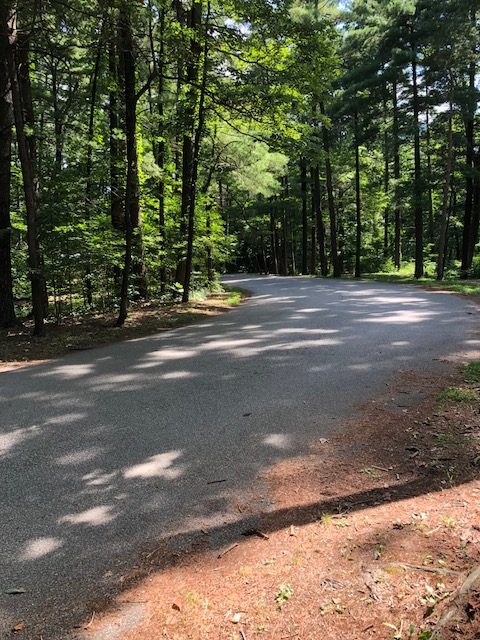by Donna Poole
I laughed when I read what William Faulkner wrote about editors: “Only Southerners have taken horsewhips and pistols to editors about the treatment or maltreatment of their manuscript. This—the actual pistols—was in the old days, of course, we no longer succumb to the impulse. But it is still there, within us.”
The thing is, if your editor is any good at all, she is going to maul your manuscript, dispassionately dispense with the most delightful parts, delete your best descriptions, subtract your similes, and tell you to quit with the alliteration already!
For you non-writers who are parents, picture the author-editor exchange like this: You show off your lovely newborn to a modeling agent for, say, Gerber baby food. He scowls at your beautiful bundle of perfection.
“No, no, won’t do at all. Legs are too scrawny. Ears are too big. Nose is off center. Hair is too thin. Eyebrows are too thick. Are you sure this is your best work? And throw that ridiculous bonnet in the garbage; it’s outdated.”
You get the idea. The better the editor, the more detailed the criticism, even if it does come cloaked in gentleness the way my editor usually dispenses advice.
I’ve known my editor a long time; I’m sure our relationship is more complicated than most author and editor’s. My editor, Kimmee, is also my daughter. I homeschooled her.
Years ago, a frustrated Kimmee grabbed back from me a paper she’d written. “Will I ever turn in a paper and get it back without any red marks?”
“I doubt it, honey. I’ve been selling my writing for many years, and it’s still far from perfect. Did I ever tell you about the editor who told me I use too many explanation points?”
But she was off to her room in a huff, determined to rewrite that paper and get nothing less than an A.
Kimmee’s competitive spirit made her want to be the best in her class, and since she was the only one in her class, that meant she had to be better than herself. She graduated from homeschool, went on to Spring Arbor University, and graduated summa cum laude with a degree in professional writing.
Together, Kimmee and I have edited fifty books for clients. Editing is not our favorite work; I’d rather be writing, and she’d rather be doing her main job of professional photographer, but we can edit, and it helps pay the bills.
Writing has helped pay some bills too. If you know me even slightly, you know I’ve been writing a book.
Kimmee is my editor. “Mom,” with only the slightest edge to her patient voice, “this is the third time you’ve had that man die. You can only have him die once.”
“Mom, you don’t need this part about friends here. You talk about them in the camping chapter.”
“But, I love what I wrote in that paragr….”
Too late. She hits the delete button. She’s like a surgeon determined to cut out cancer.
Delete, delete, delete. Rearrange the entire book.
Finally, we’re done. I read my book again with amazement. Somehow, it’s more mine now than it was when I sent it into the Kimmee Hospital for its major surgery.
I wanted to put her name on the cover with mine, because she rewrote whole sections of the book to make them fit, but she refused. She says it’s my book. I say it’s both of ours. I never could have done it without her.
I look at this woman, so talented, so determined, so brave she’ll even stand up to her mom for what she knows is right when we disagree about punctuation, and I think, where did you come from and how am I lucky enough to have you in my life?
Then I remember, luck had nothing to do with it. This talented editor, and all my children, are God’s gifts to me.
My poor editor is exhausted. I’m glad I didn’t go looking for William Faulkner’s horsewhip or pistol. I can never thank her enough.
The other day, I told Kimmee I’m thinking of writing five more books, and now I can’t find her anywhere. I think I heard her mutter something about going out to buy a horsewhip and a pistol.












